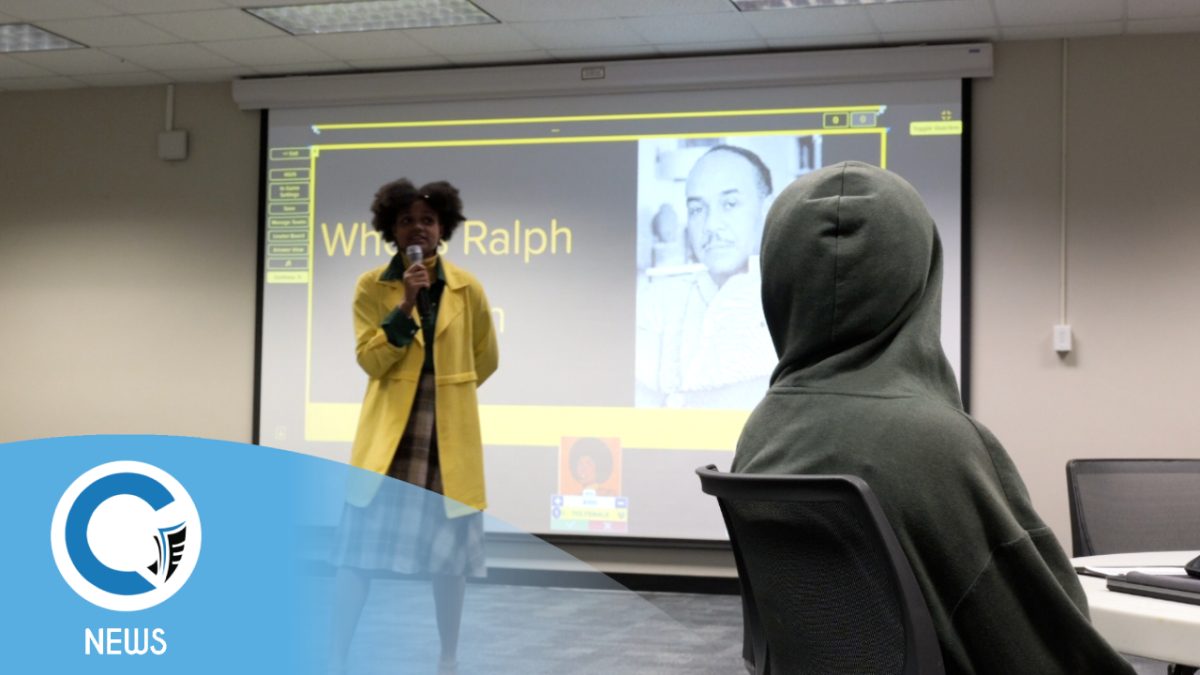When you think of a Hugh Grant film, a psychological thriller with religious commentary probably isn’t the first thing that comes to mind.
Grant is famous for his bumbling, selfaware protagonists whom audiences always root for in movies like “Notting Hill” and “Four Weddings and a Funeral.”
Yet in “Heretic,” the rom-com legend shines as the charming but fanatical villain and shows just how effective casting against types can be.
The film starts with Sister Barnes and Sister Paxton, two Mormon missionaries played by Sophie Thatcher and Chloe East, visiting the home of Mr. Reed, played by Hugh Grant. They are invited into his isolated house to get out of the rain.
At first, they are just as charmed by Mr. Reed as the viewers. As they begin noticing Mr. Reed’s strange behavior and uncomfortable questions about their faith, the two missionaries find that they are trapped inside the house for the night and unable to escape Mr. Reed’s plan to use them for his own theological experiment.
There have been many iterations of the dreamy villain, but casting an actor that viewers will automatically associate with pleasant memories was an excellent way to inject tension into the exposition.
Mr. Reed at first seems to be your typical Grant character: He is faintly exotic in his British-ness when surrounded by American characters and just as handsome as he was decades ago. The thrill of seeing how the film unmasks his character’s likable exterior and reveal his true motives is a treat for audiences.
The amazing performances did not stop with just Grant.
Thatcher and East play characters that have rarely, if ever, been played before, and they do it perfectly. Sister Barnes and Sister Paxton’s friendship was the bond at the core of the film and effectively delivered the human element to the story, which mostly concerned itself with questions of the intangible.
The film is concerned with why humans follow religions, and Mr. Reed spends the film arguing against every religion along with criticizing religious institutions.
Sister Barnes plays the important role of being Mr. Reed’s opponent in his arguments. She is more active than her companion in almost every decision in the film and often seems to be able to outsmart Mr. Reed.
That’s not to say Sister Paxton was an absent player. Her reaction to the trauma of that night was to “fawn” instead of Sister Barnes’ “fight.” In between the intellectual duel, Sister Paxton is the voice of the audience and the faith of the common person in contrast to the more scholarly Sister Barnes and Mr. Reed.
The film’s strength is in its performance and how it builds the message. “Heretic” is more a scathing commentary on the misuse of religion to control people more than it is about attacking faith.
 The film does suffer a little from tiptoeing around the main message for too long, but it’s a minor trade-off for an interesting final reveal.
The film does suffer a little from tiptoeing around the main message for too long, but it’s a minor trade-off for an interesting final reveal.
The tagline itself condenses the main message: “Question everything.”































